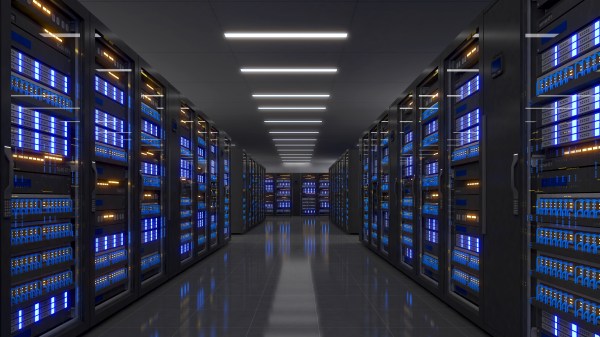The advent of quantum computing really will change the face of computing. In the process, it will change the face of data centers. With that in mind, here is a quick guide on how quantum computing will potentially disrupt the data center industry.
Overview of quantum computing
Classical computing uses classical bits. Classical bits can only exist in a state of 0 or 1. Quantum computing uses quantum bits (Qubits). Qubits can exist in multiple states at once. This characteristic is known as superposition. It is the foundation of quantum computing.
The second key concept in quantum computing is the concept of entanglement. Entanglement is a phenomenon in which two or more qubits become correlated and interconnected, regardless of the distance between them. When qubits are entangled, the state of one qubit instantly influences the state of the other(s). Superposition and entanglement together form the basis of quantum parallelism.
Quantum algorithms harness quantum parallelism to explore a multitude of potential solutions at the same time. This is particularly advantageous in problem-solving scenarios where classical computers would need to iterate through each possibility sequentially.
Quantum parallelism exponentially accelerates computational speed. It is therefore a huge advantage for addressing complex issues such as cryptography.
Potential impact on data centers
While quantum computing is still very niche, it looks increasingly likely to have a profound impact on data centers. Here are just five of the ways it could transform data center operations.
Specialized hardware requirements: Quantum computers need highly specialized and controlled environments. These include near absolute zero temperatures and minimal electromagnetic interference. Data centers may need to redesign their infrastructure significantly to be able to accommodate them.
Energy consumption and sustainability: The cooling required to keep quantum computers at near absolute zero temperatures could have a significant impact on a data center’s energy consumption. Data center operators will therefore need to invest in advanced cooling measures with high energy efficiency to remain sustainable.
Security: The shift to quantum computing introduces new challenges, particularly in cryptographic standards. As quantum computers advance, the risk of breaking existing encryption methods grows. Therefore, data center operators must focus on implementing robust security measures, such as post-quantum cryptography, to ensure the confidentiality and integrity of digital communications.
Requirement for skilled personnel: Quantum computing introduces novel concepts and principles that demand expertise in quantum mechanics, quantum algorithms, and specialized infrastructure. Data center operators must therefore invest in training programs and/or recruit personnel with a strong understanding of quantum principles.
Integration with existing systems: To facilitate a seamless transition, quantum computers must align with the infrastructure of conventional data centers. This requires the development of quantum computers that can be seamlessly integrated into existing data center facilities.
Preparation strategies for data center operators
Quantum computing is still a very cutting-edge technology. Anyone familiar with technology will, however, know how quickly cutting-edge technologies can become mainstream. It is therefore advisable for all data center operators to think about how they can prepare their data centers to host quantum computers. Here are five key points to consider.
Adopting Quantum Computing as a Service: Adopting quantum computing as a service allows businesses to harness the power of quantum computation without the need for extensive in-house infrastructure. Data center operators can explore partnerships with quantum computing providers. These could allow them to offer quantum capabilities alongside traditional computing resources.
Optimizing infrastructure for cooling and stability: Quantum computers need ultra-low temperatures, ultra-low electromagnetic interference, and ultra-high stability. Achieving these demanding requirements will almost certainly require most data centers to update their infrastructure. In particular, they will need to implement highly advanced cooling systems and ensure that they stay powered no matter what.
Ensuring robust security measures: Quantum computers pose a potential threat to existing cryptographic standards, making data vulnerable to quantum attacks. Data center operators must prioritize enhancing security measures to protect against quantum threats. This involves adopting post-quantum cryptography (PQC) and staying abreast of developments in quantum-safe encryption methods. Robust authentication protocols, encryption algorithms, and secure key distribution mechanisms play a vital role in safeguarding data in the quantum era.
Strategic financial planning: Organizations will need to plan for the upfront and ongoing costs of quantum computing. In addition to buying the quantum computers themselves, organizations will need to upgrade their infrastructure. They will also need to train their staff and/or hire experts in quantum mechanics and algorithms. After the implementation, organizations will need to account for the maintenance and running costs of quantum hardware and quantum-compatible infrastructure.
Auditing the quantum computing landscape: Data center operators need to audit the quantum computing landscape to identify potential technological partners, assess geographical considerations, and anticipate industry trends. Focusing on sectors where quantum computing is likely to have an early impact will enable operators to align their quantum strategies with emerging market demands.







